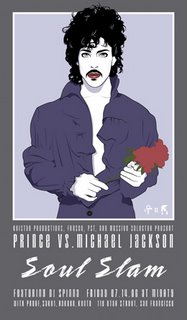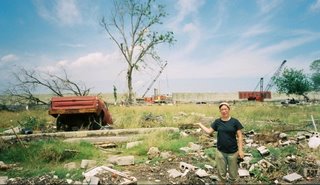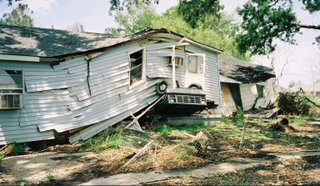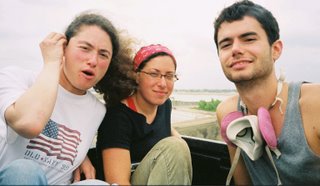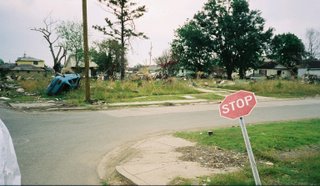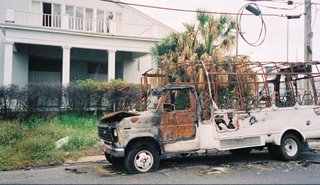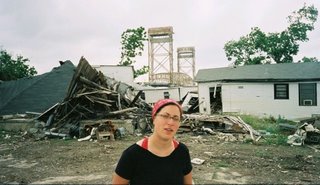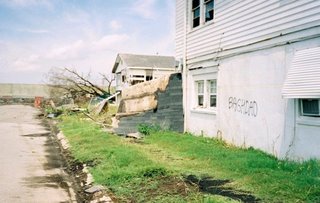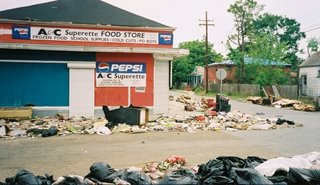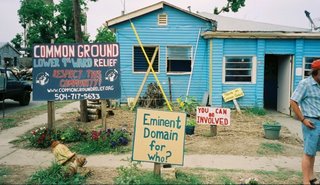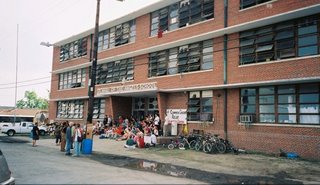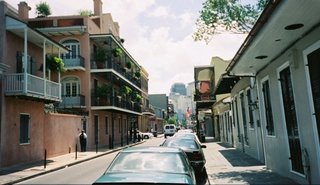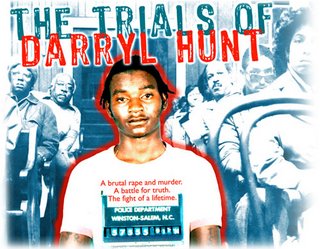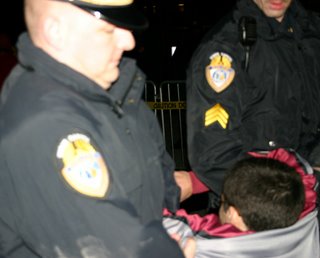
A Note on Peaceful Rebellion
The question of why to engage in civil disobedience has been answered by thinkers from Socrates to St. Augustine to Martin Luther King. I will not attempt to rehash their logic nor the circumstances of their conclusions except to say that the common strand in their arguments – indeed in most arguments for civil disobedience – is the idea that “an unjust law is not a law.”
[1] Now many people might take issue with this idea and rightfully so. In a stroke the argument drives a stake through one of the most basic assumptions of Western society, a government by the rule of law. In so doing it subjects our notion of justice to scrutiny. Instead of framing justice as an allegiance to the letter of the law, it sees justice as embodied by living virtuously. If this goes against the law, then the law should be disregarded, broken, a virtuous alternative acted out. In this sense it can accurately be described as a form of nonviolent vigilantism.
Accordingly, the claims of injustice leading to acts of civil disobedience cannot be argued against in any effective manner. While this may not seem too problematic when we think of visionaries like Martin Luther King and others, imagine instead of Rev. King a man named Rev. Billy, who protests consumerism by holding church in Wal-Mart parking lots and “exorcizing” Starbucks cash registers.
[2] If that seems too farcical, then imagine instead a Muslim girl or a Sikh boy refusing to take off their head coverings in violation of French laws of laïcité.
[3] In either case the claim of injustice, and of subsequent willful disregard for the law, lies outside the traditional norms of public discourse and democratic rule. Vigilantes are always righteous in their minds; history decides which are prophets and which are fools.
Marx once said of the death penalty, “How miserable is a society that knows no better means of defense than the hangman.”
[4] Those words resonate loudly when you learn of Perrie Simpson’s life. While Perrie was born with brain damage from a beating suffered by his mother, his brother was left blind and permanently incapacitated from similar abuse. He was transferred to 22 different foster homes before the age of 18, and found himself at 21, homeless with no skills and nowhere to go. This does not excuse his murder of Jean Darter, to which he admitted and expressed much remorse. It does speak to the impotency of a system which seeks to prevent murder through murder.
I am no prophet. Most would deem the actions I took along with 14 others the night of Perrie Simpson’s execution to be quite foolish. When I think back now on it – a rag tag group of divinity school students, Catholic Workers, professors, a pastor, and other activists, some donning sack cloth and ash as a sign of atonement as we approached a line of armed police officers in an attempt to block the prison’s main entrance – it all seems pretty absurd. What did we think we were going to accomplish? Did we simply want to get arrested?
It has been said that segregation did not end the day Rosa Parks refused to give up her seat, but it ended for her that day. Of course she did not wish for arrest any more than we did, but faced with an intolerable burden, she preferred the implications of arrest rather than be an idle bystander to injustice.
When we were pushed back by the police we knelt down and quoted scripture, reading from the book of Lamentations:
[5]When all the prisoners of the land
Are crushed under foot,
When human rights are perverted
In the presence of the Most High,
When one's case is subverted,
--Does the Lord not see it?
Let us test and examine our ways,
And return to the Lord.
Let us lift up our hearts as well as our hands,
To God in Heaven.
We have transgressed and rebelled,
And you have not forgiven.
My eyes flow with rivers of tears
Because of the destruction of my people.
My eyes will flow without ceasing,
Without respite,
Until the Lord from heaven looks down,
And sees.
We, of course, did not end the death penalty by our civil disobedience. We did not even stop the execution of Perrie Simpson, but our participation in the idolatry of security and its diffuse culpability ended that night. Prophets? Fools? Vigilantes? I love what Camus has to say about André Breton, an artist of rebellion who was one of the fathers of surrealism. Camus writes “…Breton chose
love. In the general meanness of his times – and this cannot be forgotten – he is the only person who wrote profoundly on love.
Love is the entranced morality that served this exile as a native land.” (my emphasis).
[6] Call me and the others arrested that night what you must, but do not say we were paralyzed by despair. No, we joined one another, and we took action.
[1] See for example Plato’s Apology, Augustine’s On Free Will, and King’s “Letter from Birmingham Jail”
[2] Visit
http://www.revbilly.com/;
http://en.wikipedia.org/wiki/Church_of_Stop_Shopping; see also What Should I Do If Reverend Billy Is in My Store? by Bill Talen
[3] A great background article can be found at
http://www.bbc.co.uk/religion/news/indepth/france/[4] Marx, “Capital Punishment,” New-York Daily Tribune, February 17-18 1853
[5] Lamentations (3:34-36, 40-42, 48-50)
[6] Albert Camus, The Rebel (New York: Knopf, 1956) p. 99


